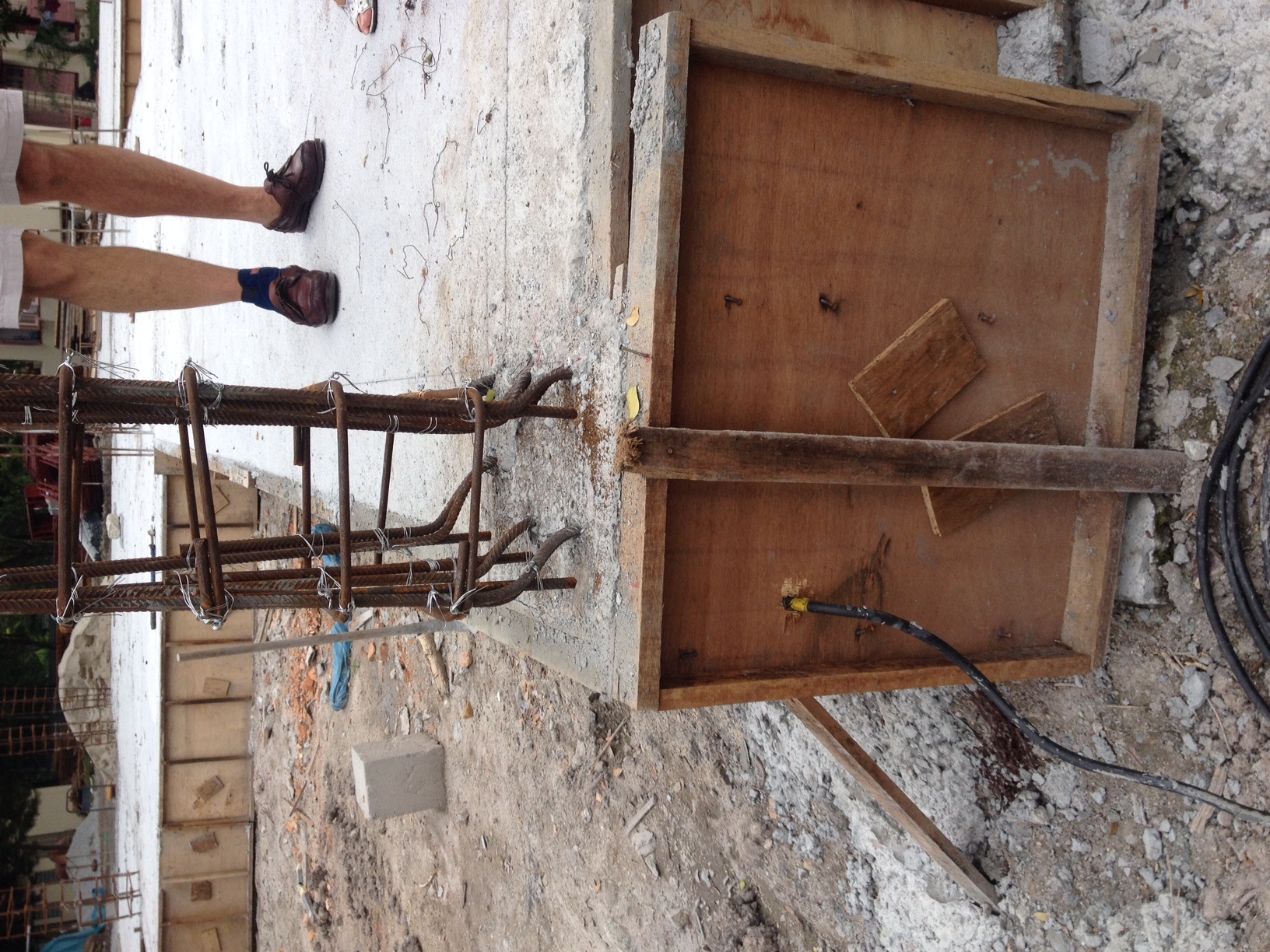
Uploaded on 2014-11-04 by stuartmacdonald
Malaysia actually produces cement (in Langkawi) and steel (in Petaling Jaya) and while I cant comment on the sourcing of materials specifically for our new office, it might be fair to assume they have been sourced from within the country. I would like to focus however on the globalized nature of the construction labour force. Malaysia’s construction industry is one of the many sectors that are heavily dependent on foreign labour. Foreign workers in Malaysia are mainly from Indonesia, the Philippines, Nepal, and Bangladesh. In recent years, there has also been an increase in the number of migrant workers from Myanmar and Cambodia. According the Immigration Department, in 2012 there were 1.5 million foreign workers with temporary working visiting pass (PLKS). The Human Resource Ministry also estimated that there were about 1.3 million more workers who had entered the country illegally. The Malaysian construction industry cannot function without foreign workers, many of the younger generation are not interested in work defined as the 3Ds (dirty, dangerous and difficult), and foreign workers accept lower pay and work longer hours. These are unskilled workers for whom employers waste no money in training as they are able to constantly replenish the labour force. In the earlier stages of our buildings construction I reported my concerns to the site manager about the poor fit between the upright and ground connecting steel re-bar. Many of these were simply hammered to fit, my intervention resulted in one of the uprights being addressed with remedial action. Further practices in topping up upright pillars with an additional cast also caused concern. These issues have highlighted the impact of a lack of skilled labour. This reliance on low skill foreign labour has locked Malaysia into a system of low wages in the construction industry and a lack of investment in new building technologies has resulted, so while we may produce our own cement and steel, we do not produce a skilled labour force to push forward construction techniques or technologies. We rely on the global movement of an unskilled labour force to implement our outdated methods of construction. The World Bank has highlighted a need for Malaysia to foster industrial transformation away from labour-intensive industries and towards more technology and knowledge-based industries, and while there are national strategies for the implementation of Industrialised Building Systems in Malaysia, progress has been slow, in large part due to the vested interests of the construction industry which is dominated by just a few large players. ![My new office under construction][1] ![Fudged re-bar][2] [1]: https://edxuploads.s3.amazonaws.com/14150710327129419.jpg [2]: https://edxuploads.s3.amazonaws.com/14150711488998407.jpg